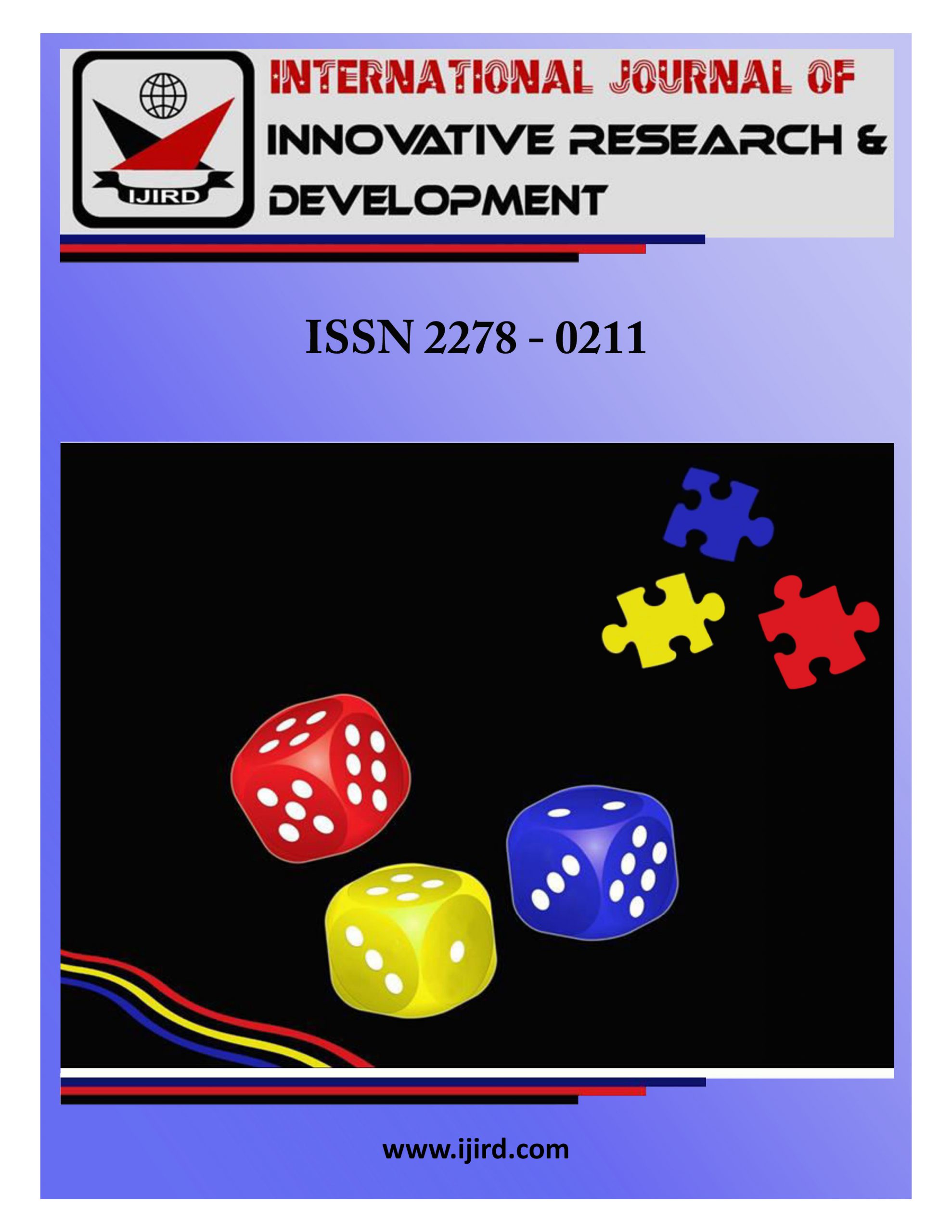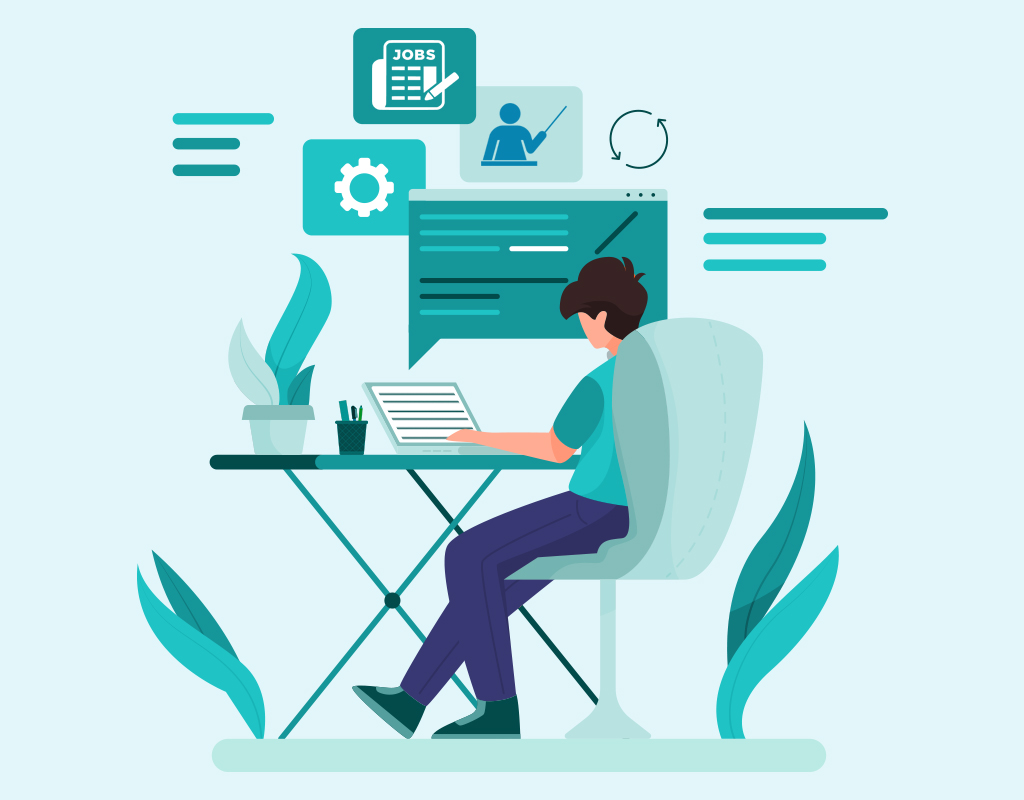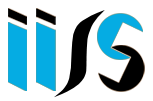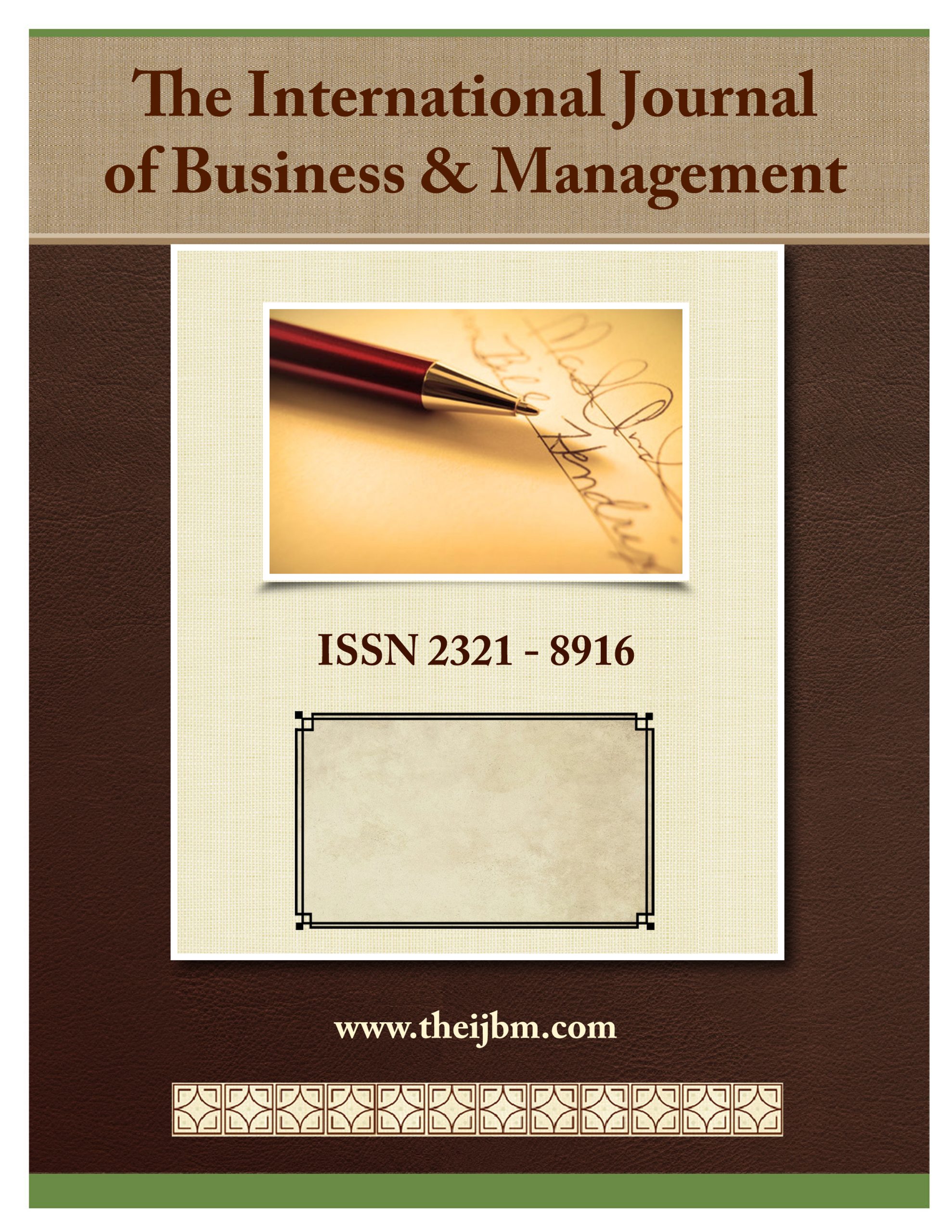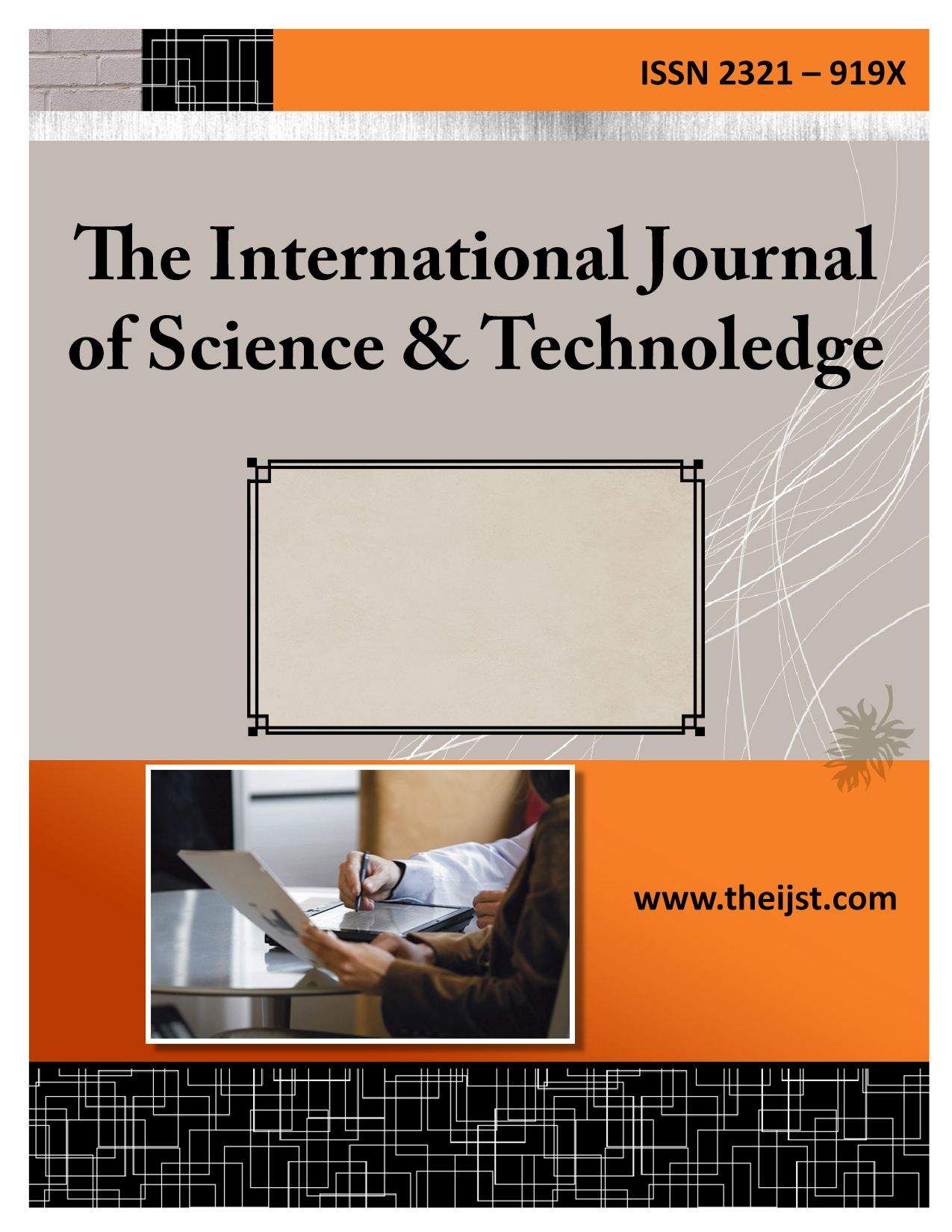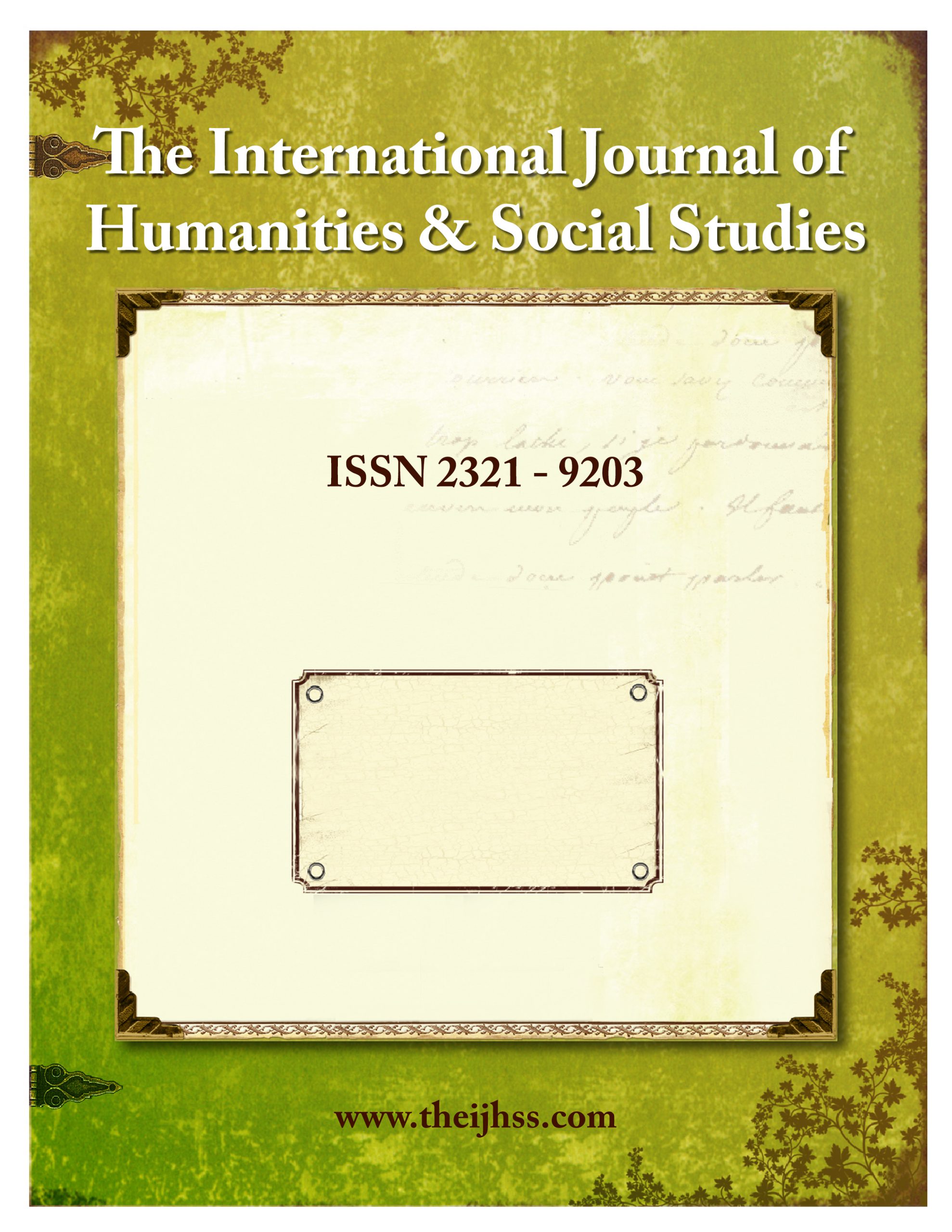Continuing professional development is a regular upgradation process of your knowledge base. That is, we gain knowledge, we apply them in experience, and then we attain new knowledge to modify and reapply our previous knowledge on subjects and events. In this way, we can add or alter our existing understanding of professional skills, so that we can function in a way, more appropriate to the current academic world. But why is this important? Just like a knife requires sharpening over regular usage, our skill set, knowledge database and professional behavior require brushing up from time to time. The academic world is forever changing, especially, with the growth of science and technological challenges, newer solutions are also coming into the forefront of understanding. To be relevant to international journal calls, you need to keep yourself updated to the evolving times. To remain relevant in the academic world, academicians must embark in continuing professional development.
Here are 10 reasons why we need to practice Continuous Professional Development as academicians-
To maintain the knowledge and skills required to be an academic professional– do you remember all the sums you used to solve in grade 6? Do you remember all the chemical equations and formulas of organic and inorganic chemistry? Perhaps, not all of us does, because these are not something most of us use in our regular day-to-day life. But mathematician or a math teacher has to remember the sums because they are responsible for teaching kids the same methods of calculation. Also, a chemist will remember the chemical formulas because that is his/her profession. Regular practice of skills helps us maintain the knowledge and standards of work required as a professional. That is why, a teacher has to learn equally in order to take a successful class. Only when we keep learning, can we deliver quality standards.
To stay relevant with latest information– The academic world is evolving. Each day new tools and techniques are dominating the center of the world. We must not allow ourselves to get obsolete. If you publish your thesis on dated subjects, they won’t be cited or circulated; you have to be fully aware of what’s in demand, or what is the talk of the academic field today, before you start working on your research. We have to keep learning to have the latest information; to keep ourselves at equal stance with young researchers.
To keep pace with current standards– We did our degrees, gathered experience, and got a job or research position. But that doesn’t end our career. It is just the beginning. We are competing with newcomers and freshers each day, who are at advantage with the latest technologies and skills the world has to offer. Obsolete task formats are no longer welcome. To be at par with the youth, we have to develop ourselves each day with evolving skill sets and technologies. If you want to be a part of good international journal, you must be aware of the latest gaps in literature.
To Ensure You are Improving in Line with others– Curriculum changes over time and its not possible that what you had learned while getting your degree remains relevant after 10 years. Current students in academics are learning skills that are relevant to the current society, businesses and economy. In order to grow with them, at the same pace, you need to keep reading and be on a continuous chain of enhancement. If you don’t read what others are reading now, you will get obsolete.
Engaging Better with your current Job– Even after you have a job, continuous education is required for solving day to day problems in your job. Since systems and technologies have changed, since theories have evolved, problems are also new at workplaces. You must be able to comprehend and make sense of the new problems in your work place, so continuous professional development is a mandate to maintain your job.
To Provide an Optimum Service– If your knowledge is at par with current problem requirements, only then can you give your best service to the company. For e.g., you may be knowing space science, but when you have the knowledge of water inculcation on the mars, which is the current subject being researched in your University, only then can you better teach students. Then, you may be a java script engineer, but when you have an awareness about the latest problems in UI development, only then can you be beneficial to the organization. So you need continuing education to serve your company, best.
To maintain employability– job guarantee is the last thing we can expect in the fluidity of current economic conditions. To stay employed we have to upgrade ourselves to the latest trends. Even if you publish your thesis as a researcher, your current knowledge serves as a base for maintaining your position in the project group. Unless you are able to contribute something meaningful to an ongoing work, your job may be at risk.
To teach others– Some academicians are also teachers, professors and educators. Needless to say, you have to know first, to teach others. Continuous intake of knowledge is the first thing teachers and educators should sign up for. Being open to the world feeds them with sources of discussion in the classroom. The classroom discussion then converts itself into a thematic paper that gets acceptance in international journal. So continuous professional development is like a cycle of growth that transforms itself.
To remain interested and make interesting– CPD helps us remain engaged and interested in what we do. It is said that experience is a good teacher, but experiencing means, we repeat our old habits to perfect them. But novelty, creates new possibilities for us. Continuous professional development prevents the boredom we are likely to develop from our regular professional routine. Discovering something new each day can be exciting for the academician, as well as for those who learn from him/her. You can keep things interesting to others by preaching your knowledge.
To be confident– academicians who practice CPD tend to be more confident in public gatherings, seminars etc. Latest knowledge and information on your related field can help you engage in conversations and discussions confidently. You can easily opt for a speaker in a convention or academic conference if you are updated on current items. Your approach towards your fellow researchers, colleagues and professionals change to that of gratitude; you feel more confident and assured among all other professionals in your field.
Continuous professional development is important for every working professional, especially for academicians, because the world of knowledge is always changing; it is never stagnant; it is a constant flowing river, and you need to dive in at every meander to collect the silt.

